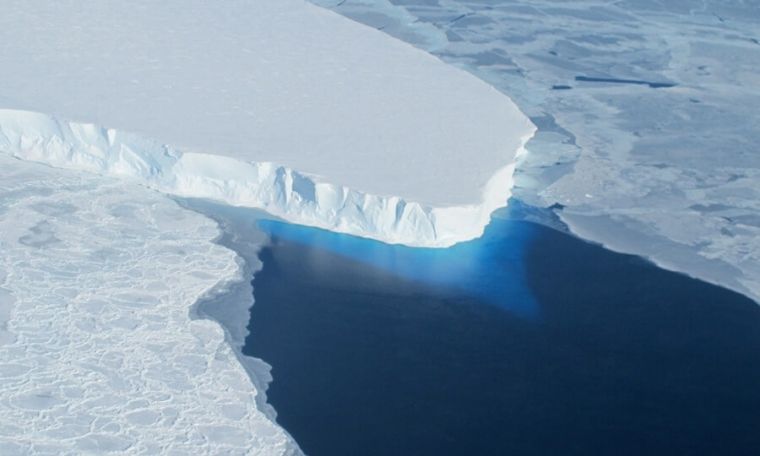Antarctica may collapse by 2100 as ice shelves continue to melt rapidly, scientists warn

The whole continent of Antarctica may be on the brink of collapse less than a decade from now due to rapidly melting ice on the region, a new research has warned.
This recent study, published on the scientific journal Nature Geoscience, raised concern over the alarming rate Antarctic ice is melting, which is projected by scientists to double in the not-so-distant future—by the year 2050. The scientists warned that the stability of the whole continent could be at risk by 2100.
The researchers, led by Dr. Luke Trusel from the Woods Hole Oceanographic Institution in Massachusetts in the United States, attributed the fast melting of Antarctic ice to the usual suspect: global warming.
"Our results illustrate just how rapidly melting in Antarctica can intensify in a warming climate," Trusel said, as quoted by The Guardian.
The scientist also predicted that the melting rate of Antarctic ice could surpass before the end of this century the point associated with the collapse of ice shelves, or extensions of land ice which float and project towards the sea.
"This has already occurred in places like the Antarctic Peninsula where we've observed warming and abrupt ice shelf collapses in the last few decades," Trusel said.
Once the ice shelves melt, there will no longer be a natural barrier to the flow of ice from glaciers and land-covering ice sheets into the oceans, which will lead not just to an unstable Antarctic continent, but also to dramatic rises in sea level.
"Our model projections show that similar levels of melt may occur across coastal Antarctica near the end of this century, raising concerns about future ice shelf stability," Trusel explained.
With these alarming projections, research co-author Dr. Karen Frey from Clark University in Massachusetts, called on policy makers to really step up efforts to reduce greenhouse gas emissions.
"The data presented in this study clearly show that climate policy, and therefore the trajectory of greenhouse gas emissions over the coming century, have an enormous control over the future fate of surface melting of Antarctic ice shelves, which we must consider when assessing their long-term stability and potential indirect contributions to sea level rise," Frey said.











